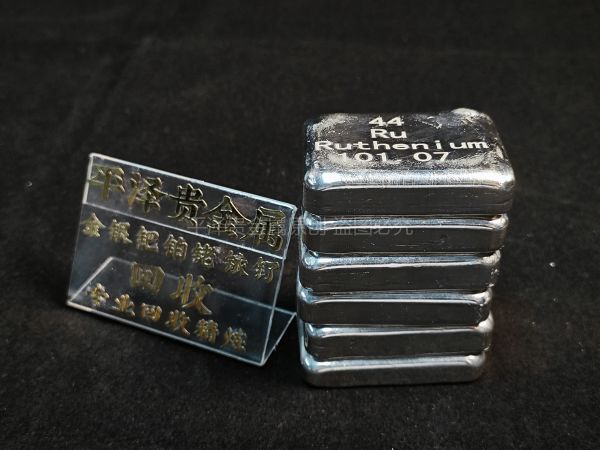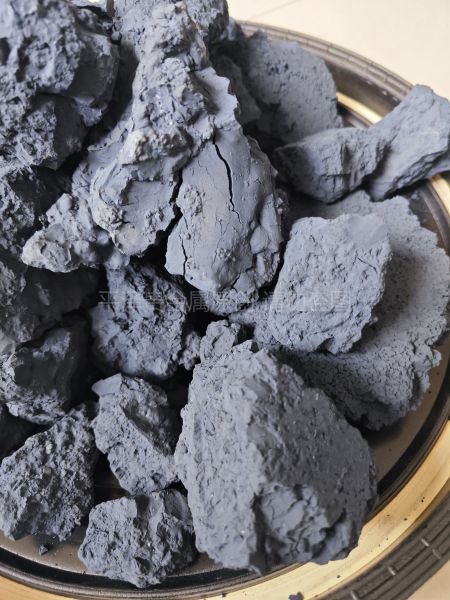Ruthenium hydrogenation, that is, hydrogenation reaction using ruthenium as catalyst, is a key technology in chemical industry. Ruthenium catalysts play an indispensable role in hydrogenation because of their unique chemical properties and high catalytic capacity. This technology is widely used in many fields, including petroleum refining, fine chemical industry and drug synthesis, and its role and application have important practical significance.

Role of ruthenium hydrogenation
The core function of ruthenium hydrogenation is that it can efficiently catalyze the reaction between unsaturated compounds and hydrogen to achieve the saturation of the compounds. This process is extremely important in chemical reactions because it can change the chemical structure of the organic matter to obtain the desired product. As a catalyst, ruthenium exhibits excellent activity and selectivity, especially at low temperatures, allowing reactions to be carried out under milder conditions, which is particularly critical for protecting sensitive compound structures.

Application of ruthenium hydrogenation
Petroleum refining: In the petroleum refining industry, ruthenium hydrogenation technology is used to improve the quality of fuel, such as through hydrodesulfurization, to remove sulfur compounds from crude oil, thereby reducing pollutants produced during combustion.
Drug synthesis: In the pharmaceutical industry, ruthenium hydrogenation is used to synthesize a variety of drugs. Especially when preparing some complex organic molecules, drug molecules with specific stereochemical structures can be efficiently synthesized by precisely controlling the hydrogenation steps.

Fine chemicals: In the production process of fine chemicals, ruthenium hydrogenation technology is applied to synthetic fragrances, dyes and various organic intermediates. These intermediates are often critical steps in the synthesis of more complex compounds.
Fat hydrogenation: In the food industry, ruthenium hydrogenation technology is also used, such as the hydrohardening process of fats and oils, which is able to convert liquid fats into solid forms for the production of margarine and other food additives.
Through the introduction of the above application fields, it can be seen that ruthenium hydrogenation technology is widely used and important in modern industrial production. Ruthenium-catalyzed hydrogenation not only improves the efficiency and selectivity of chemical synthesis, but also plays a positive role in environmental protection and resource utilization efficiency. With the continuous development of the chemical industry, the application range and efficiency of ruthenium hydrogenation technology will be further expanded and improved.


Comments